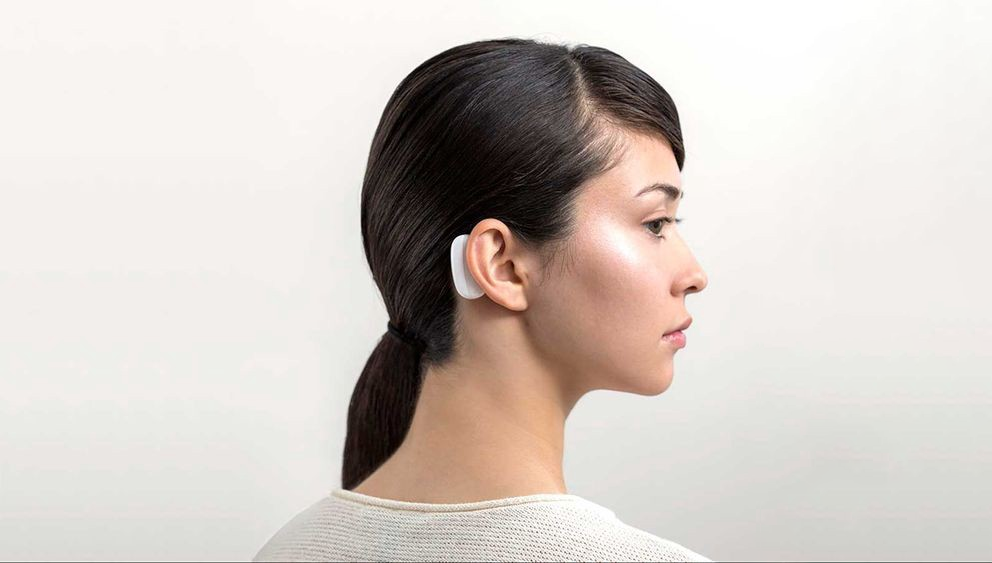Continuous glucose monitors can track your blood sugar. Wearables can track your heart rate… What about tracking your thoughts?
Brain blast. Brain-computer interfaces (BCIs) have had a big year, tripling investment since 2019.
- Elon Musk’s Neuralink just raised $205M in Series C funding.
- Paradromics secured $20M to hone its brain implant hardware.
Beating Neuralink to the punch, Synchron secured FDA clearance this July to run clinical trials with human participants. Meanwhile, neurotech startup Kernel started shipping its $50,000 brain-tracking helmets.
What it is: BCI startups take one of two approaches when reading your mind — invasive or non-invasive. Sensing technology used by companies like NextMind or Neurosity detect signals externally, while implants like Neuralink are fitted internally, enabled by drilling a hole in the skull.
Why it matters: To date, most BCI startups have focused on treating paralyzing neuromuscular conditions like spinal cord injuries, amyotrophic lateral sclerosis (ALS), or cerebral palsy.
But this year, investors and entrepreneurs are pushing towards scaling neural technology to the general public, funding research, collecting data, and bringing down costs in the process.
It’s a step forward for the space, as it follows an increasingly popular trickle-down-health rollout model: crafting high-end products for a niche consumer and gradually iterating toward mainstream appeal.
But… rhetoric around BCI tech remains idealistic. Founders foresee a world with telepathic typing, superhuman productivity, and AI-human symbiosis. In reality, our understanding of the brain remains elementary.
Today’s commercial devices can only listen to a few hundred neurons out of the brain’s 86 billion. As a result, experts say that many commercial BCI startups are making questionable marketing claims.
Given the brain data we can detect now, most think that BCIs don’t add enough value for the average consumer, especially when some startups are enlightening them they’ll need to undergo brain surgery.
Takeaway: Brain tech is still in early development, and though recent funding rounds signal investor confidence in the space, many think that we’re in a “neurotech bubble.” Ahead, developments in the near-term are more likely to help restore human capabilities, not enhance them.
 Image: Neuralink
Image: Neuralink

